In the context of the global economy still facing many uncertainties, major international financial institutions such as the World Bank (WB) and the Asian Development Bank (ADB) are still optimistic about Vietnam's growth prospects in 2025.
The figures of 5.8% from the WB (higher than many countries in East Asia-Pacific) and 6.6% from the ADB are not only forecasts, but also recognition of Vietnam's efforts in macroeconomic stability, policy reform and promoting economic integration in recent times.
Growth drivers come from exports, FDI and real estate
The World Bank stressed that the current growth momentum is mainly driven by a strong recovery in exports - up to 15.5% in 2024 - along with signs of recovery in the real estate market thanks to low interest rates and increased supply.
These factors have led to a marked improvement in the labor market, with manufacturing employment recovering significantly and real incomes increasing by nearly 5% – all contributing to a marked decline in poverty, with the international poverty rate expected to fall to just 3.6% by 2025.
However, the economy has yet to fully capitalize on the spillover effect. The savings rate among the population remains high at 37.2%. Agriculture, which is the mainstay of income for the poorest group of people, is growing slowly, preventing domestic consumption from recovering adequately.
External pressure and internal reform requirements
External risks - from geopolitical instability, trade conflicts to new tariff policies from the US - continue to be potential factors that could affect the economic recovery.
Both the WB and ADB have warned about Vietnam's dependence on the global supply chain, especially when the US and China - the two largest trading partners - are showing signs of slowing growth.
In that context, ADB emphasized the importance of accelerating institutional reforms and effectively utilizing free trade agreements (FTAs) to enhance national resilience and competitiveness.
ADB experts also noted that although FDI investors tend to be cautious in the face of uncertainty, they often plan for the long term. Therefore, Vietnam needs to continue improving its investment environment to retain and attract quality capital flows.
Prospects for effective trade negotiations
While continuing to push forward domestic reforms, Vietnam is proactively pushing forward with trade negotiations with the US to find a solution on tariffs.
According to international sources (Reuters, The Straits Times), on April 23, Vietnamese Minister of Industry and Trade Nguyen Hong Dien and US Trade Representative (USTR) Jamieson L. Greer had a phone call about "bilateral economic and trade issues".
USTR’s ustr.gov website posted a statement confirming that the two sides had a productive online exchange. USTR said that Mr. Greer discussed the next steps between USTR and the Vietnamese Ministry of Industry and Trade, following President Donald Trump’s phone call with General Secretary To Lam on April 4.
Both sides agreed on the importance of making rapid progress toward reciprocal and balanced trade between the United States and Vietnam. Vietnam has demonstrated goodwill by increasing imports of goods from the United States.
Although no final decision has been made, the talks show that both sides are willing to discuss the issues, according to regtechtimes.com (India). The outcome will depend on whether the two countries can find a way to protect each other's interests while maintaining a strong trade relationship.
Ambitions for an international financial center
Not only stopping at macro-economic reforms, Vietnam is also demonstrating a long-term vision with a plan to build an international financial center in Ho Chi Minh City - a great ambition to elevate the country's position on the global financial map.
With a rapidly growing digital economy, strategic location in Southeast Asia, deep integration through FTAs and partnerships with financial hubs such as Luxembourg, Vietnam is creating an attractive premise for international investors.
According to b-company.jp (Japan), for this ambition to "take off", Vietnam needs to solve some fundamental issues related to barriers related to capital flows, high-quality human resources, foreign ownership and currency conversion.
Physical and digital infrastructure also need to be upgraded strongly. b-company.jp believes that support programs from foreign partners are opening a feasible path./.
Source: https://www.vietnamplus.vn/kinh-te-viet-nam-ky-vong-tang-truong-ben-vung-giua-ap-luc-hoi-nhap-va-cai-cach-post1036051.vnp



![[Photo] Fireworks light up the sky of Ho Chi Minh City 50 years after Liberation Day](https://vphoto.vietnam.vn/thumb/1200x675/vietnam/resource/IMAGE/2025/4/30/8efd6e5cb4e147b4897305b65eb00c6f)


![[Photo] Feast your eyes on images of parades and marching groups seen from above](https://vphoto.vietnam.vn/thumb/1200x675/vietnam/resource/IMAGE/2025/4/30/3525302266124e69819126aa93c41092)





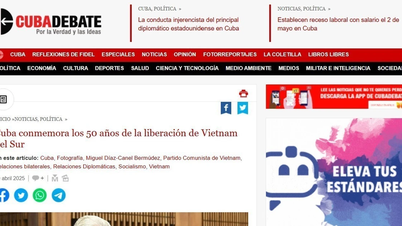








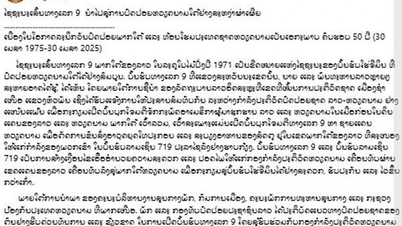













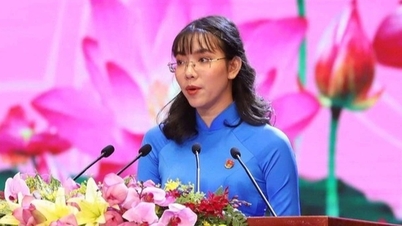




















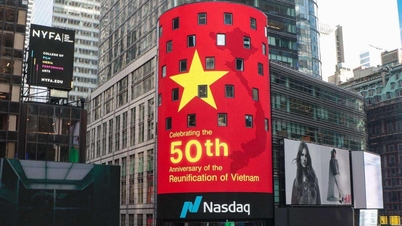




















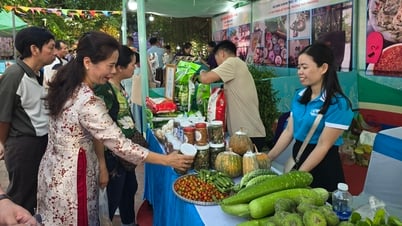

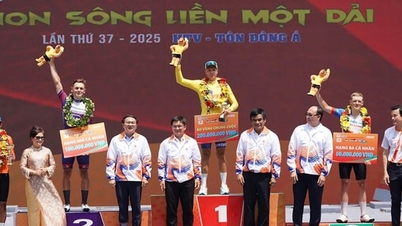












Comment (0)